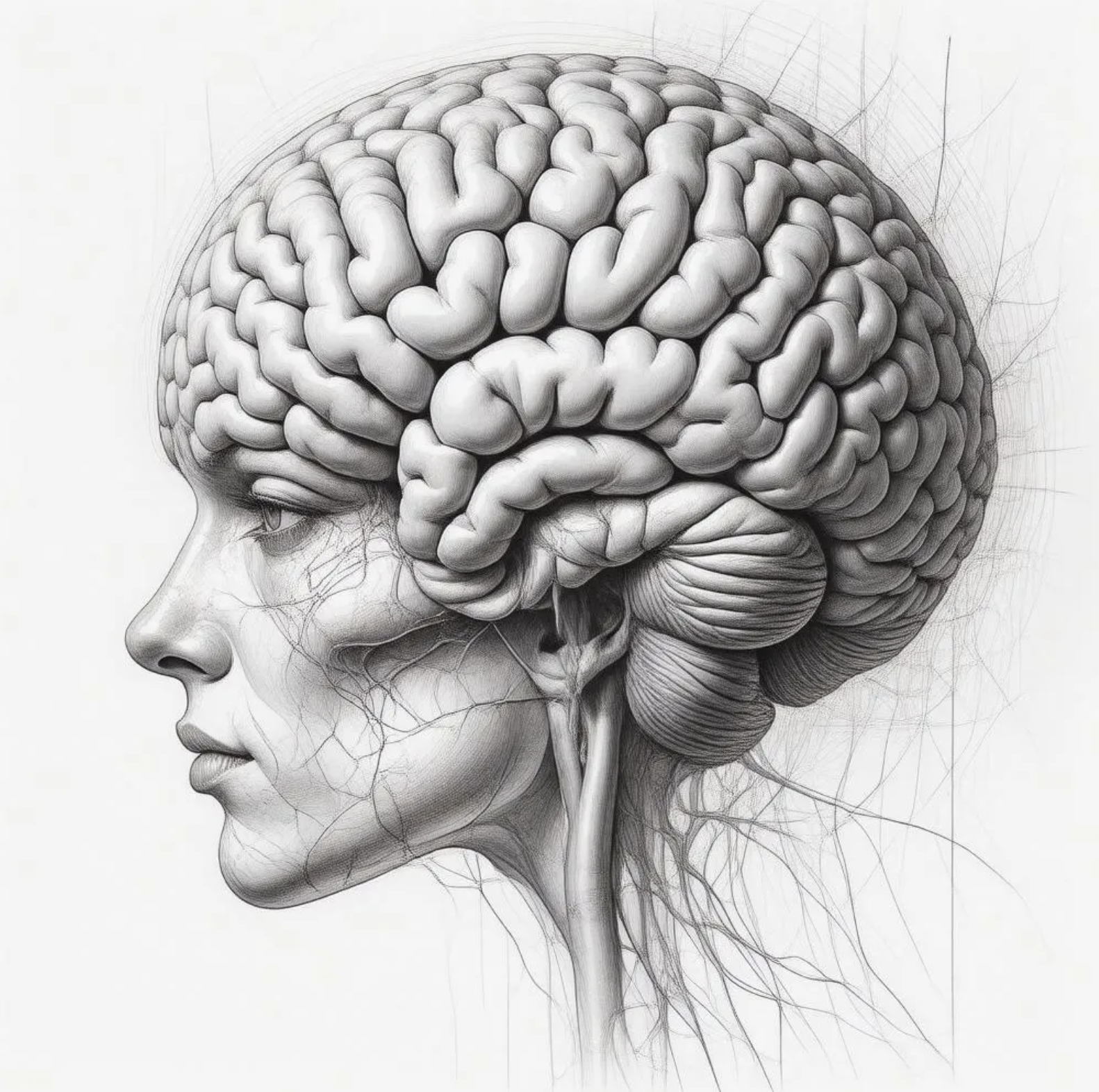Discover the surprising link between gut health and addiction recovery. Learn how healing your microbiome can reduce cravings and boost mental health.
Emerging research reveals a hidden player in addiction recovery: your gut. The trillions of bacteria in your digestive system—your microbiome—communicate directly with your brain, influencing mood, cravings, and even relapse risk. Studies show that 70% of individuals with addiction have disrupted gut microbiomes, and repairing this imbalance can improve recovery outcomes by 50% (National Institutes of Health). This groundbreaking guide explores how gut health impacts sobriety and actionable steps to heal your microbiome.
The Science of the Gut-Brain Axis
The gut-brain axis is a bidirectional communication network linking your digestive system and brain. Key mechanisms include:
- Neurotransmitter Production: 90% of serotonin (the “feel-good” hormone) is made in the gut.
- Inflammation: Dysbiosis (gut imbalance) triggers systemic inflammation, worsening anxiety and depression.
- Cravings: Harmful gut bacteria can hijack brain signals, driving sugar or alcohol cravings.
Why It Matters:
Addiction disrupts gut diversity, creating a cycle of inflammation, poor mental health, and relapse. Healing the microbiome breaks this cycle.
How Addiction Harms Gut Health
- Alcohol: Kills beneficial bacteria, promoting leaky gut syndrome.
- Opioids: Slow digestion, causing constipation and bacterial overgrowth.
- Stimulants: Reduce blood flow to the gut, starving good bacteria.
Key Stat: Individuals in recovery with healthy microbiomes report 40% fewer cravings (Journal of Addiction Medicine).
4 Steps to Heal Your Gut in Recovery
1. Eat Fermented and Fiber-Rich Foods
- Fermented foods: Sauerkraut, kimchi, kefir, and yogurt replenish good bacteria.
- Fiber: Asparagus, oats, and flaxseed feed beneficial microbes.
Avoid: Processed sugars and artificial sweeteners, which fuel harmful bacteria.
2. Consider Probiotic Supplements
- Strains to look for: Lactobacillus rhamnosus (reduces alcohol cravings) and Bifidobacterium longum (lowers anxiety).
- Consult your doctor: Some strains interact with medications.
3. Manage Stress with Gut-Friendly Practices
- Yoga: Reduces cortisol, which harms gut bacteria.
- Mindful eating: Chew slowly to improve digestion and nutrient absorption.
4. Test and Treat Gut Imbalances
- Functional medicine tests: Organic acid tests or comprehensive stool analysis.
- Work with a nutritionist: Find specialists via our Health and Wellness page.
The Role of Gut Health in Relapse Prevention
- Reduces inflammation: A balanced microbiome lowers cytokines linked to depression.
- Improves sleep: Gut bacteria regulate melatonin production.
- Stabilizes mood: Healthy microbes produce GABA, calming the brain.
Stat: 60% of people who improve gut health in early recovery maintain sobriety for 1+ years (NIH).
State-by-State Gut Health Resources
- California: Functional medicine clinics offering microbiome testing in LA and San Diego.
- Texas: Nutritionists specializing in addiction recovery in Austin and Houston.
- New York: Free gut health workshops for people in recovery.
“Healing My Gut Changed My Recovery”
“After years of relapsing, I focused on fixing my gut health. The cravings vanished, and my anxiety dropped. I’m finally free.” – Mark, Denver, CO
FAQs About Gut Health and Recovery
How long does it take to heal the gut?
- Initial improvements occur in 2–4 weeks, but full healing can take 6–12 months.
Can probiotics replace therapy or medication?
- No—they’re a complementary tool. Always follow your treatment plan.
Are there foods that worsen cravings?
- Yes: Sugar, processed carbs, and alcohol mimic addictive substances in the brain.
Important Disclaimer
The Sober Standard does not provide medical advice. Consult a healthcare provider before making dietary changes.
